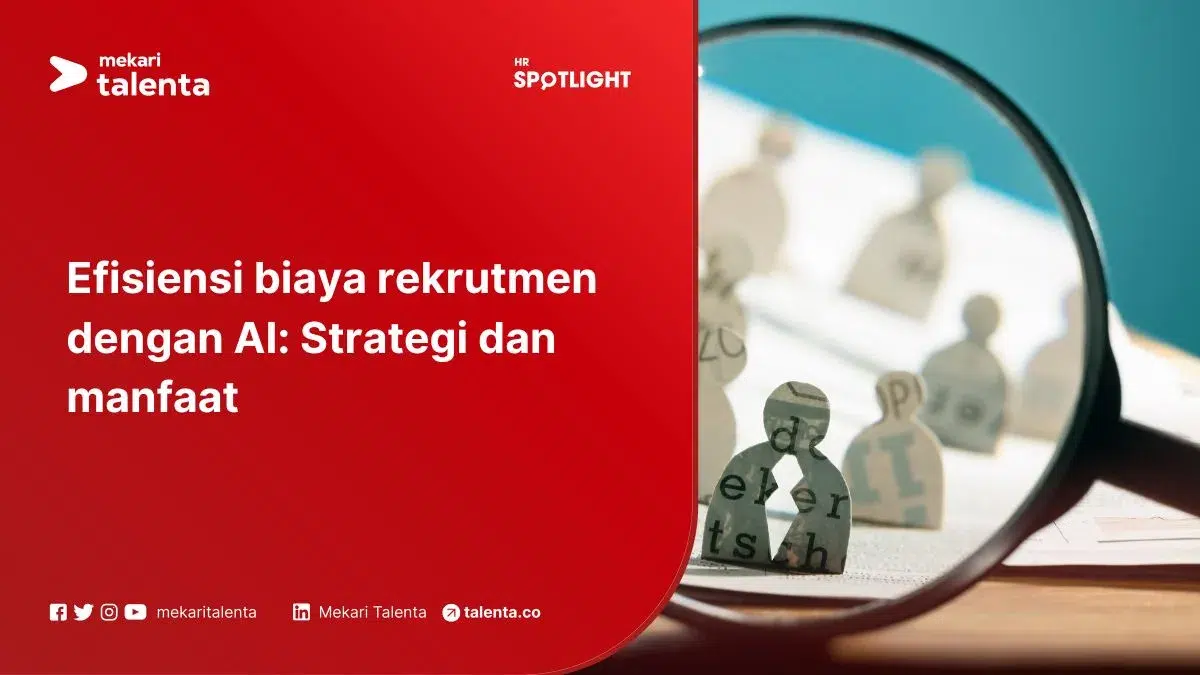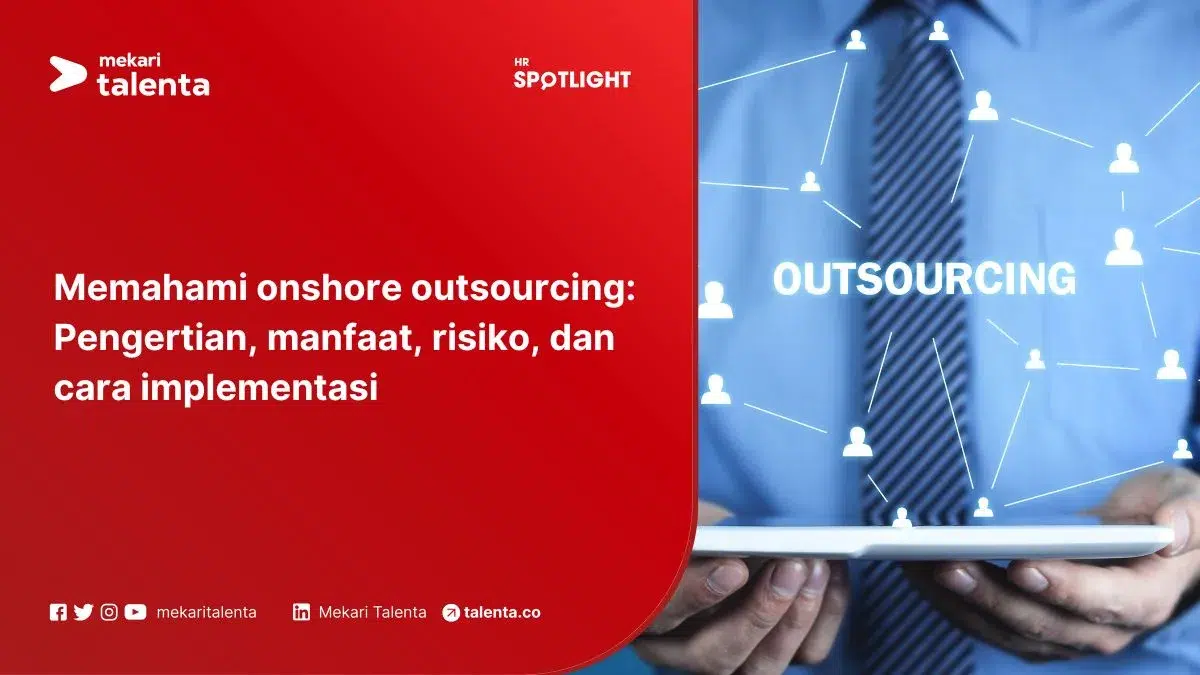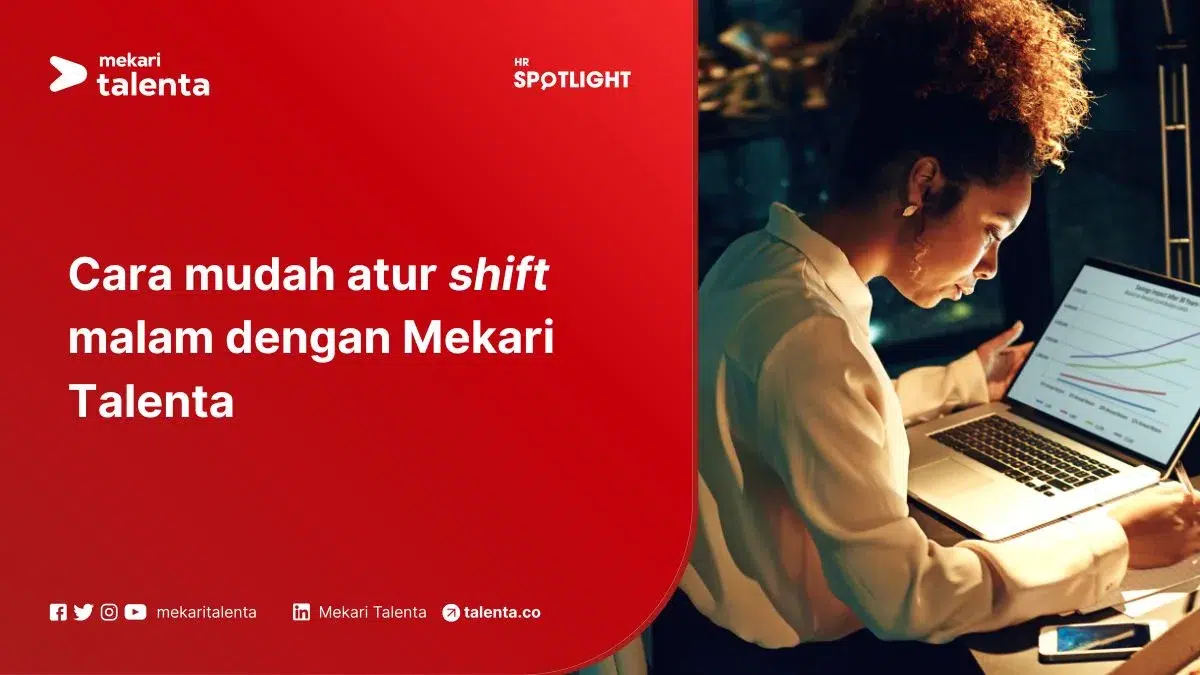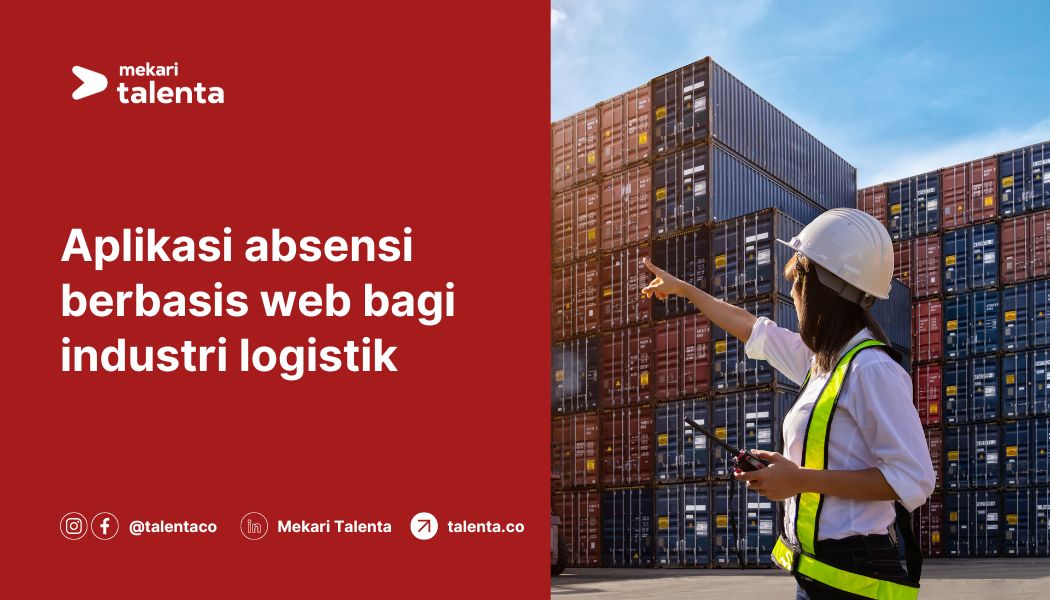Human Resources (HR) work is time-consuming. To help simplify this work, companies have the option to use a PEO or professional employer organization.
But before you decide to seek out a PEO, you need to learn more about their duties and what they can provide. Read more down below for a full explanation about it.
What is a PEO or Professional Employer Organization?
PEO stands for professional employer organization, which is an organization or service provider that assists companies in human resource management.
The concept of a PEO involves collaboration between the company and the PEO, where the PEO is responsible for some aspects of the company’s human resource management.
The roles of a PEO include various tasks, such as payroll administration, employee benefits, insurance claim management, employee record maintenance, tax and labor regulation compliance, as well as providing guidance and support regarding human resource issues.
By utilizing PEO services, companies can leverage the expertise and infrastructure possessed by the PEO to manage these aspects more efficiently.
This allows companies to focus on their core business activities while ensuring that their human resource management aspects are well taken care of by experts in the field.
So, imagine a PEO acting as the HR department that you outsource. HR can focus on strategic work while handing over time-consuming administrative tasks to the PEO.
In the United States alone, there are approximately 700 to 1000 PEO companies that handle various HR tasks such as payroll, employee benefits, taxes, and more.
How PEO Works
The PEO working process involves several essential functions ranging from payroll, recruitment, to tax and labor compliance. Here are some of them.
Recruitment
PEOs can assist companies in the process of recruiting new employees. Recruitment itself is one of the complex and time-consuming HR functions.
Therefore, using a PEO is a wise step for companies to improve workflow and reduce the workload for HR.
In recruitment, this includes job description creation, job posting, candidate selection, and interview processes.
PEOs can provide access to a wide candidate database and help find employees who fit the company’s needs.
Employee Administration Management
Another way PEOs help HR is through managing employee administration.
For example, PEOs will handle administration related to new employee status. This includes employee data processing, management of employment documents such as employment contracts and company regulations, as well as maintaining employee records including personal data, attendance data, and their performance.
Salary and Employee Benefits Management
Furthermore, PEOs can also handle employee salary payments, including salary calculations, tax deductions, and payslip issuance.
They can also manage employee benefits such as health insurance, life insurance, and retirement programs.
PEOs will ensure that all these benefits are managed correctly and in accordance with company policies and government regulations.
Tax and Labor Compliance
Another important aspect of PEO services is ensuring the company’s compliance with applicable tax and labor regulations.
PEOs will handle employee salary tax deductions and company tax payments.
They will also ensure that the company complies with all relevant labor regulations, including regulations related to working hours, leave, and employee protection.
Employee Benefits
Various companies offer different employee benefits, but most benefits fall into the same core categories, such as insurance, breaks, reimbursements, incentives, and so on.
PEOs can handle even the most unusual benefits from their client companies.
Additionally, PEOs typically have access to a wider network of benefits than companies could find on their own.
This can certainly help companies access benefits with better coverage.
By providing integrated services from recruitment to employee administration management and tax and labor compliance, PEOs help companies reduce their administrative burdens and focus on their core business activities.
This also helps ensure that companies comply with all applicable regulations, reducing non-compliance risks, and increasing operational efficiency.
Certified PEO: What Does It Mean?
A Certified PEO, or Certified Professional Employer Organization, is a process by which a PEO is recognized or certified by an authoritative or industry body to ensure that the PEO meets certain standards in providing human resource management services.
This certification indicates that the PEO has undergone comprehensive evaluation of its business practices, compliance with regulations, and the quality of its services, so clients can have more confidence in the services they offer.
The importance of choosing a reputable and certified PEO provider is as follows:
Legal Compliance: Certified PEOs are considered to understand and comply with all relevant labor laws and regulations. This helps reduce non-compliance risks for client companies.
Service Quality: Certification indicates that the PEO has been evaluated on its workflow processes, infrastructure, and systems. This guarantees that the services provided by the PEO meet high-quality standards.
Employee Protection: A reliable PEO will ensure that the rights and interests of employees are also well considered. This includes timely payroll management, comprehensive benefits, and compliance with employee protection regulations.
Reliability and Security: Certification indicates that the PEO has good procedures and controls in place to maintain the security of employee data and company information. This is important considering that the PEO will manage employee data and client company financial information.
Reputation and Trust: Certified PEOs tend to have a good reputation in the industry and have earned the trust of previous clients. Choosing a reputable PEO can provide assurance that you will receive reliable and high-quality services.
Benefits of Using PEO for Various Types of Companies
PEO provide various benefits for companies of all sizes, from large-scale enterprises to SMEs. According to the National Association of Professional Employer Organizations (NAPEO), companies using PEOs which can grow nearly 10% faster than competitors and have a 14% lower turnover rate.
Here are some of the key benefits:
1. Administrative Cost Reduction
PEOs help companies reduce administrative costs by handling HR management tasks such as payroll administration, employee benefits, and record maintenance. This allows companies to allocate their resources to other more strategic areas.
2. Operational Efficiency Improvement
By providing integrated services from recruitment to employee administration management and tax and labor compliance, PEOs help improve operational efficiency for companies. This enables companies to focus on their core business activities while ensuring that their HR management aspects are well taken care of.
3. Access to Competitive Employee Benefits
PEOs can assist companies, especially smaller ones, in providing competitive employee benefits such as health insurance, life insurance, and retirement programs. This helps companies attract and retain quality talent without incurring high administrative costs.
4. Scalability and Flexibility
PEOs provide customizable solutions tailored to the needs of both large-scale enterprises and SMEs. They can adjust their services according to the company’s growth or changing needs, providing greater flexibility in HR management.
Costs Associated with Using PEO Services
Many PEOs are paid based on costs within the payroll and take a percentage from there.
However, there are also PEOs that have structured rates based on the number of employees in the company, so the costs can vary depending on the company’s size and the services they use.
HRIS as an Alternative Solution to PEO
Essentially, companies use PEO services to streamline one of the time-consuming HR functions, namely administration ranging from payroll to attendance or employee recruitment.
By leveraging the benefits of PEO services, companies of all sizes can improve their operational efficiency, minimize non-compliance risks, and focus on their business growth without worrying about HR administrative issues.
However, currently, this can also be achieved simply by using HRIS software such as Mekari Talenta. Mekari Talenta offers various features that simplify HR tasks, making them more efficient.
For example, Mekari Talenta’s Payroll feature calculates employee salaries and pays them automatically. With this, the time-consuming payroll process can be completed in no time.
Interested in exploring other features of Mekari Talenta? Consult with our sales team about your HR needs and try the application’s free demo now.
Reference:
https://www.indeed.com/career-advice/career-development/benefits-of-a-peo









